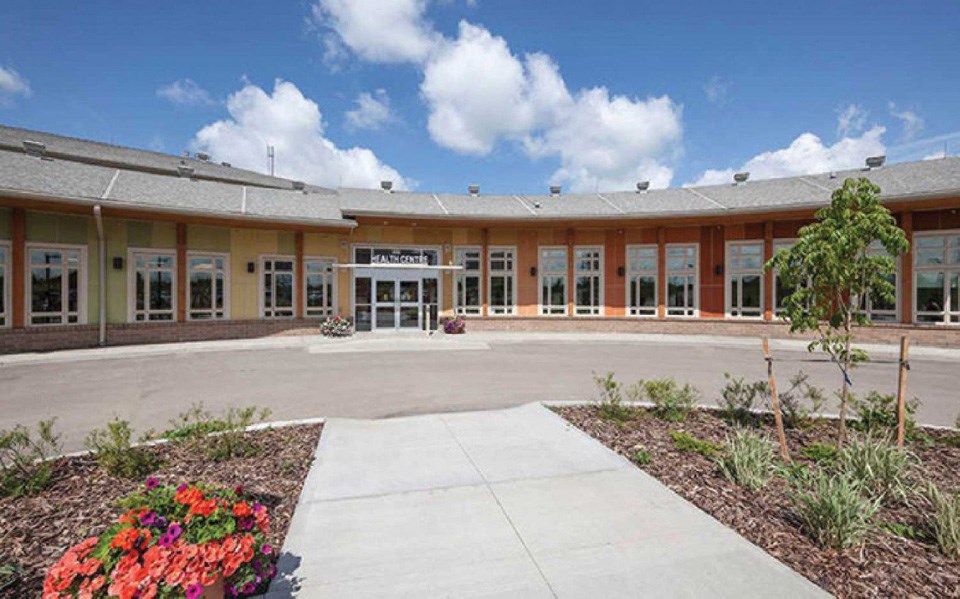KIPLING — Just when Kipling and area residents were getting accustomed to having three doctors at the Kipling Integrated Health Centre, two are leaving by the end of January. Drs. Ogundipe and Mojri have tendered their resignations, giving the equivalent of three months’ notice while Dr. Pokhrel will stay in Kipling.
“Am I happy about it? Not at all,” said Kipling Mayor Pat Jackson. “Here’s the reality: health care is not something that municipalities can do a whole lot about.”
It’s been a roller-coaster year for health care in Kipling as three doctors left the community over the summer with their SIPPA (Saskatchewan International Physician Practice Assessment) contracts coming due. The virtual physician program was initiated, plus locum coverage helped meet the need until three more doctors could come to Kipling through the SIPPA program full-time. Now retention concerns are once more at the forefront with the resignation of two of those three new doctors, mere months after arrival.
The Saskatchewan Health Authority was quick to note that the departure was not due to anything the town did or did not do.
“It has nothing to do with the Town of Kipling—that was clear in the feedback—and nothing to do with the SHA,” said Trent Truscott, Director of Primary Healthcare for Network 7, adding that the duo left for “very personal reasons.”
Mayor Jackson noted one of the doctors said they were relocating to Edmonton to be with family.
A group from SIPPA is anticipated to visit the Kipling facility later this month, but at this point, it is not clear if the visit will result in any further physicians.
“We’re still waiting to see,” Truscott said. “I haven’t been flagged yet that we’re getting one in this current round, in this current iteration. Most unfortunate, but, fingers crossed—we are holding out hope. It’s not much of a plan, but it’s what we’ve got.”
While the virtual physician program will still be in place to alleviate some of the workload, Mayor Jackson doesn’t feel that it’s enough to prevent burnout.
“I am desperately concerned, so are a good many of the staff that the one remaining physician will burn out,” she said. “Because even though we’ve got a Nurse Practitioner and an Advanced Authorized Practice nurse in the ER, it still comes down to a lot of pressure on people, and in this case, on one person. So it’s highly concerning.”
Truscott says he is confident in the current team at the Kipling Integrated Health Centre, adding that the AAP nurse at the facility not only assists with emergency care but sees primary health patients who would otherwise have attended a doctor in other circumstances.
“She’s well known to the community,” he said. “She’s a resident and raised her family in Kipling.
“We have a very good nurse practitioner,” continued Truscott. “We’re proud to have her, and she sees a full caseload and sees a large number of patients every single day, and she is also staying. And then our one doctor who is staying—and we’re really happy he’s staying—has become very active in the clinic. And then, of course, we never did stop using virtual care.”
Truscott confirmed that virtual care will continue in Kipling, something that has been proven to offer a break for rural physicians.
“Not only does it cover you when you’re short, but it’s a real opportunity to look at their quality of life,” he said. “It’s a tough place to be as a young physician in a small community when you don’t have a lot of colleagues.”
Kipling is not alone in rural physician retention woes, as Mayor Jackson pointed to places like Arcola and Oxbow that are facing their own issues. She wonders if more can be done to better prepare doctors coming to Saskatchewan from other places in the world for life in a rural community.
“One of the things I’ve discussed with Trent is that SHA has to be doing a better job of preparing them for a small town,” she said. “Maybe bringing them out ahead of time, maybe teaching them how to drive in the winter. That sounds ridiculous, but if you come from a country where you’ve never seen snow, it’s a totally different ball game driving in the wintertime.”
When that question was posed to Truscott, he noted it wasn’t an SHA responsibility.
“I don’t think it’s the SHA as a whole, though. I think it’s more of a SaskDocs thing,” he said. “We engage with physicians after they’ve been through the SaskDocs process, which I really can’t speak to.”




